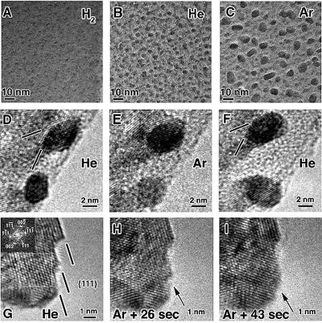HIV Vaccine Candidates from Merck and Aventis Used Together Generate Encouraging Anti-HIV Immune Response in Monkeys
Companies to Collaborate on Early Human Testing This Year
Lyon, France and Whitehouse Station, NJ, USA - A combination of two anti-HIV-1 vaccine candidates developed by Aventis Pasteur, a subsidiary of Aventis, and Merck and Co., Inc. elicited levels of a cellular immune response against HIV-1 infection in monkeys that were higher than the levels observed in the vaccine candidates separately. As a result, scientists from both companies plan a joint human study that will begin later this year.
The pre-clinical findings in monkeys provide an early indication that the vaccine candidates used together in a complementary way, known as a prime-boost regimen, may be able to stimulate higher-level immune responses against HIV-1 than either vaccine used separately. Researchers for Merck and Aventis Pasteur say the Phase I clinical trial, which will be conducted in the U.S., will provide preliminary data about whether the combination of the two vaccine candidates can produce similar encouraging results in humans. Phase I represents the earliest stage of human testing for a potential vaccine.
In studies conducted in rhesus macaque monkeys, a prime-boost regimen with Merck's replication-defective adenovirus type 5 vector (Ad5) vaccine candidate given first, and Aventis Pasteur's canarypox virus vector (ALVAC) vaccine candidate given afterward, stimulated levels of cellular immune responses against HIV-1 that were higher than levels seen using the Ad5 vector alone, according to Emilio A. Emini, Ph.D., senior vice president of Vaccine Research at Merck. Dr. Emini will report the results of the pre-clinical studies at the Keystone Conference on HIV Vaccine Development, an annual gathering of leading HIV vaccine researchers, in Banff, Canada on March 31.
Details of the Pre-clinical Findings
Scientists evaluated vaccine-elicited cellular immune responses in the monkeys using the two vaccine candidates, both of which expressed the HIV-1 gag protein. Monkeys were vaccinated with the Ad5 vector and then subsequently boosted with Ad5 vector again or, alternatively, with the ALVAC vector. Use of the two different vectors resulted in immune responses that were superior to those seen using just the Ad5 vector alone. Specifically, the superior results were obtained when the Ad5 vector was used as the priming (first dose) vaccine and the ALVAC vector was used as the booster vaccine.
The findings, according to Merck and Aventis Pasteur scientists, were compelling enough to merit further study. "The results from the pre-clinical immunogenicity data in monkeys are encouraging," Dr. Emini said. "It is our hope that this collaboration may help speed development and access to new vaccines."
Michel DeWilde, Ph.D., executive vice president of Research and Development at Aventis Pasteur, the vaccines business of Aventis, joined Dr. Emini in characterizing the collaboration. "We are extremely encouraged by the pre-clinical data and are moving to the clinic quickly," Dr. DeWilde said. "This is an unprecedented pairing between two companies with large, established HIV vaccine research programs. We hope that this collaboration will contribute to a solution to this devastating epidemic."
Organizations
Other news from the department science

Get the chemical industry in your inbox
By submitting this form you agree that LUMITOS AG will send you the newsletter(s) selected above by email. Your data will not be passed on to third parties. Your data will be stored and processed in accordance with our data protection regulations. LUMITOS may contact you by email for the purpose of advertising or market and opinion surveys. You can revoke your consent at any time without giving reasons to LUMITOS AG, Ernst-Augustin-Str. 2, 12489 Berlin, Germany or by e-mail at revoke@lumitos.com with effect for the future. In addition, each email contains a link to unsubscribe from the corresponding newsletter.


























































